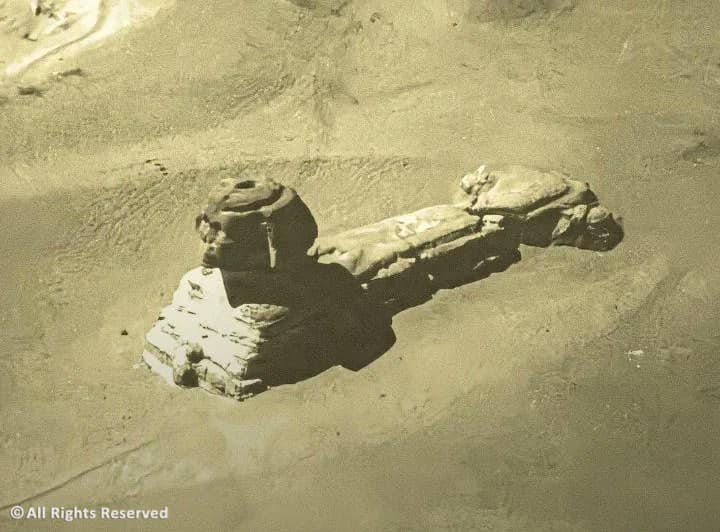this post was submitted on 24 Sep 2024
613 points (99.5% liked)
HistoryPorn
4918 readers
50 users here now
If you would like to become a mod in this community, kindly PM the mod.
Relive the Past in Jaw-Dropping Detail!
HistoryPorn is for photographs (or, if it can be found, film) of the past, recent or distant! Give us a little snapshot of history!
Rules
- Be respectful and inclusive.
- No harassment, hate speech, or trolling.
- Engage in constructive discussions.
- Share relevant content.
- Follow guidelines and moderators' instructions.
- Use appropriate language and tone.
- Report violations.
- Foster a continuous learning environment.
- No genocide or atrocity denialism.
Pictures of old artifacts and museum pieces should go to History Artifacts
Illustrations and paintings should go to History Drawings
Related Communities:
founded 1 year ago
MODERATORS
you are viewing a single comment's thread
view the rest of the comments
view the rest of the comments

Born too late to discover ancient ruins.
Born too early to discover urban ruins.
Born just in time to watch the world die.
Imagine being an early explorer and being one of the first people to see it since the fall of the Egypt. I don't know how close they were to populated settlements, but just... imagine finding a structure no one has seen in hundreds, possibly thousands of years. It'd make the imagination go wild.
They are still discovering ancient ruins all the time. In fact, Lidar makes it easier.
https://www.bbc.com/travel/article/20230704-ocomtn-a-long-lost-maya-city-that-was-just-discovered
Yeah but we wont dig it up now cause we don't have the technology to preserve them
Archaeologists still do lots of digging, and sometimes even leave what's dug up there, although it's often reburied. And it is true that archaeology is inherently destructive. But it's sometimes also necessary to learn anything about the past. Also, in the case of the Maya, it's often more about clearing away vegetation than it is digging things up. The vegetation is already being destructive, so clearing it is often the best thing to do.
Post reminded me of Machu Picchu, before and after. It was practically completely grown over.
If memory serves, there were locals in the area that knew vaguely of an old ruin on top of the hills, and I think some had even gone there to look around, but the knowledge of how extensive the structures were and how much was still intact were completely lost to time, along with the original name.
When it was rediscovered to the outside world in the early 1900s, there were a couple of families living in the ruins, and inscriptions and evidence that other people had also made use of the ruins over the centuries.
Later, anthropologists realized from older writing that the site had been rediscovered and forgotten several times by the outside world.